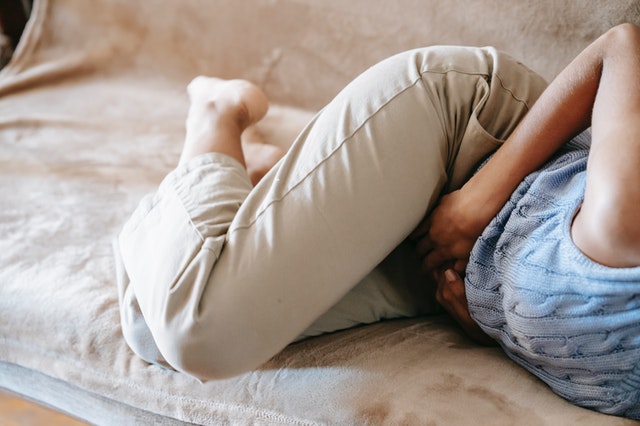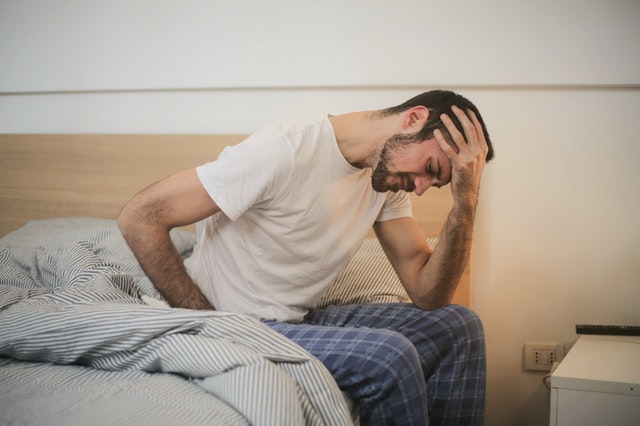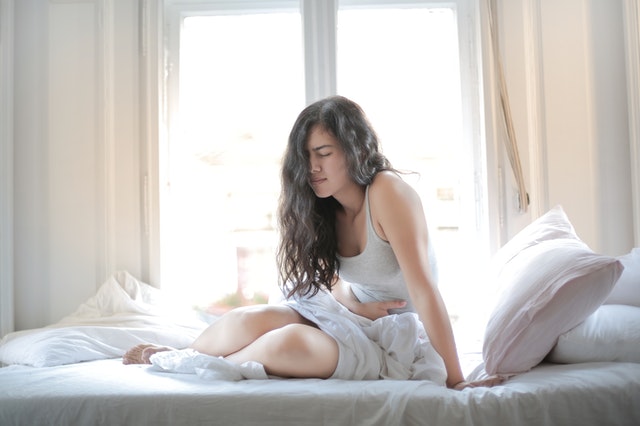Haemorrhoids are enlarged or swollen blood vessels located near the lower rectum or anus. They can occur both internally or externally and can cause people discomfort in the form of itching and pain, and make it difficult for individuals with this condition to sit down.
It can occur for several reasons including chronic constipation, straining too much when passing stools or they can even be inherited. It’s fairly common among people over the age of 50 and studies have shown that about 50% of people may develop this condition at some point in their lives.
While this condition may not be considered among the most serious gastrointestinal conditions, the absence of haemorrhoid treatment may lead to complications in the long run.
Types of haemorrhoids
Internal haemorrhoids:
These haemorrhoids occur inside the rectum and are rarely seen. Since there are no nerves to detect pain in the rectum, internal hemorrhoids may go unnoticed for a long time and may go away on their own.
Sometimes, however, these haemorrhoids can grow large and cause discomfort, especially when you’re passing stools. These types of hemorrhoids can be detected through a colonoscopy or anoscopy.
External haemorrhoids:
These typically occur around the anus and can be seen as lumps beneath the skin. They are very much similar to internal haemorrhoids, except that they may cause more discomfort to individuals when they try to sit down or do certain activities.
Complications associated with haemorrhoids
Rectal bleeding
Since haemorrhoids are basically swollen veins, they may be full of blood. Internal haemorrhoids may rupture while in the rectum and cause rectal bleeding. Straining or passing hard stools can damage the wall of the haemorrhoid and cause it to bleed.
Haemorrhoids may stop bleeding eventually, but a damaged haemorrhoid is susceptible to infection, especially from stools. This may also happen if a haemorrhoid becomes strangulated, preventing white blood cell-rich blood from coming into it.
Prolapsed haemorrhoid
Untreated internal haemorrhoids may prolapse further into the rectum and may bulge outside the anus. While they do not usually cause any pain, they may cause itching and can make it difficult to sit and go to the toilet.
Unlike internal haemorrhoids, prolapsed haemorrhoids are more likely to become strangulated and become thrombosed—which is a medical condition where blood clots form in blood vessels. Thrombosed haemorrhoids are not usually serious but they may be very painful.
Prolapsed haemorrhoids may also cause the affected individual to experience a sensation where they can’t empty their bowels completely. Though this is a minor issue, it may get in the way of daily activities.
Discomfort
Aside from health-related issues, untreated haemorrhoids can make most daily activities unpleasant and difficult. Even driving a vehicle or exercising can cause pain and discomfort.
Common haemorrhoid treatment
Home remedies
Haemorrhoids may not always require a prescription from a doctor. In certain cases, haemorrhoids may be treated at home. These remedies may not cure haemorrhoids, but they may be able to provide relief from certain symptoms.
Aloe vera:
Aloe vera has many medicinal properties and can be used to treat haemorrhoids as well. The gel from the aloe vera plant has anti-inflammatory properties that may help with the itching caused by external haemorrhoids. It’s important to note that certain people may be allergic to aloe vera gel, so precautions must be taken before applying it.
Cold compresses:
Applying an ice-cold compress to the affected area for at least 15 minutes at a time may help relieve some of the pain. This may be more effective if the external haemorrhoids are large.
Natural stool softeners:
Natural stool softeners like psyllium may help make stools softer so that they can pass through the rectum without irritating internal haemorrhoids
Non-surgical treatments
These treatments are used only for internal haemorrhoids.
Rubber band ligation:
This treatment is simple yet effective for getting rid of internal haemorrhoids. The procedure involves tying off the base of the haemorrhoid with rubber bands and cutting off its blood supply. The haemorrhoid will then shrink and die. The entire process may take about a week.
Coagulation:
This involves using an infrared laser on the haemorrhoid. The infrared light causes scar tissue to form on the haemorrhoid, cutting off its blood supply. Eventually, deprived of blood, the haemorrhoid will die, leaving behind the scar tissue.
Surgical treatment
Surgery is only undertaken if the haemorrhoid is large and causes more serious issues like obstructing the rectum. The surgical procedure for removing haemorrhoids is called a haemorrhoidectomy. This procedure can be used to remove both internal and external haemorrhoids.
How can haemorrhoids be prevented?
Avoid straining when passing stool: Straining when passing stools puts pressure on the veins in the rectum and anus, and this could lead to blood vessels swelling up and turning into haemorrhoids.
Losing weight: Haemorrhoids have been linked to overweight and obesity, as well as having little to no exercise. Regular exercise, like jogging and a change of diet to lose weight, may prove effective at keeping haemorrhoids at bay.
Do not hold off on going to the toilet: Holding off on going to the toilet may cause stools to harden and hardened stools can place a lot of strain on the rectum.
Maintaining a high-fibre diet: Fibre can ease bowel movements and people with infrequent bowel movements are more likely to get haemorrhoids. Food items like whole grain, legumes, oatmeal, broccoli and bananas are high in fibre and tend to be good additions to anyone’s diet.
Haemorrhoid treatment should not be delayed
Haemorrhoids can prove to be uncomfortable or painful if they are not treated. In certain cases, this can even lead to more serious complications.
To receive the right haemorrhoid treatment and to enjoy a certain relief from your symptoms, speak to a gastroenterologist today.

